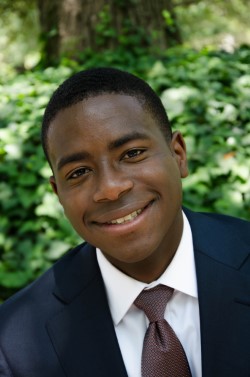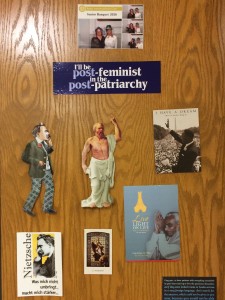 Article by Candace Woolverton, current BIC student
Article by Candace Woolverton, current BIC student
Athens, Thessaloniki, Corfu. These were all names I had heard before from movies or books, but that is all they were: meaningless names of far off places that I, a girl from small town Texas that did not even own a passport, would probably never see. However, the name Washington DC held a different connotation. It was a place I had been privileged to visit a few months before through Baylor Ambassadors and the place I was going to spend my summer with one of the incredible internships that I had applied for. Yet, despite my carefully-laid plan, the rejection emails came one by one over the course of the spring semester. Soon it was April, yet my summer remained empty. Then, I received an email about the Baylor in Turkey and Greece program, which happened to include two BIC courses I needed to take. The next thing I knew, all financial aid matters worked out with record-breaking time, six days total to be exact; I believe this can only be explained as a God thing. Soon enough, I was on my third ever plane ride, this time to Greece as the Turkey portion of the trip had been cancelled due to safety risks. I knew little of what lay ahead of me, but I knew one thing: this journey was a one in a lifetime opportunity to leap out of my comfort zone into a world I knew little about.
I was whisked away into a world where restaurant owners practically drag innocent tourists into their restaurant, offering us special “deals” because we were always their favorite costumers, just like every other tourists that happens upon the Plaka of Athens. This was the first of a few culture shocks, but the biggest one was living in a land where learning comes to life due to Greece’s incredible history. No longer did I read about the ancient world from some textbook with a few pictures of old rocks. Instead, I stood on the Acropolis as our tour guide, Nikos, told the mesmerizing tales of the many lifetimes of the Parthenon such as its time as a temple to Athena and even its time as a Christian church. To watch the civilizations from years past rise and fall before my eyes while gazing at arguably one of the longest standing symbols of the potential of all of humankind is an experience I will never forget. This kind of learning can never be accomplished in a classroom for there is no substitute for standing atop the Aeropagus while pondering Paul’s sermon in Acts with the Acropolis in the near distance. Then at times, it was back to the present: like eating my first, but definitely not my last, gyro in the streets of Thessaloniki while shopping with the Greek locals, which immersed me in a culture different from my own. Yet, despite our differences in appearance or food, this experience reminded me of the universality in human kind. We as a world are one and should treat each other as such. We are all children of God created in His image whether that image is black, brown, white, or any other color. I was also reminded of this as we served Middle Eastern refugees in Athens through a service project inspired by the Hunts: generous donors to the Honors College who made this trip a possibility for many of my classmates and I. It was hard to see the political chaos of the something like the Refugee Crisis as I served meals to parents simply wanting to feed their children after escaping the horrors of their homelands. I will never forget this experience, the many lessons I learned, or the breathtaking place I saw along the way. Greece was certainly not in my original summer plans, but little did I know at the time that God had a much better summer in store for me than I could have ever imagined. The BIC has changed my life not only through this trip, but also through the lessons I learn everyday back in the classrooms at Baylor.
Candace Woolverton is a junior BIC student majoring in History.















